This volume tackles a widespread stereotype in academic studies, according to which pre-colonial India consisted of territorial units with ill-defined, fuzzy boundaries, and where territory had, and still has, little value as a cognitive category. In aiming to reconsider this perspective, the book follows two converging lines of enquiry. One explores the conceptions that stress the mutual determination of places and people, and the entrenchment of their identity in the soil. The other analyses historically and anthropologically the changing nature of the notion of territory, understood in its proper sense of a jurisdiction: an area where rights and power are exercised. The investigation starts from the devaluation of religious territory in Vedic ritual texts, checks later developments of divine territories in relation to temples' details various types of 'traditional' jurisdictions, and ends up with an analysis of recent ethnicization of the Nation as shown in Hindutva produced videos. The book combines a diversity of sources (ethnographical, archival, textual and inscriptions), used by an international team of authors trained in different disciplines (Indology, history of religion, social anthropology). These approaches provide contrasting pictures of the plural conceptions and symbolic manipulations of territory in the Indian world from early times to the present day. The studies invite a comparison with other societies, based on the recognition of the historicity and plurality of territorial organizations that are at the core of human relationships.
Territory, Soil and Society in South Asia
In stock
Free & Quick Delivery Worldwide
Bibliographic information
Title
Territory, Soil and Society in South Asia
Author
Edition
1st ed.
Publisher
ISBN
8173047824
Length
380p.
Subjects

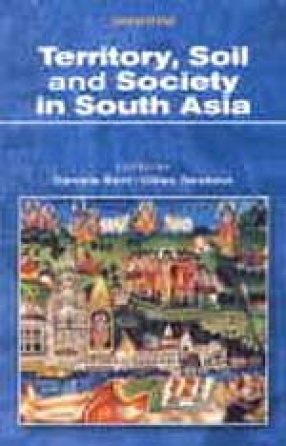

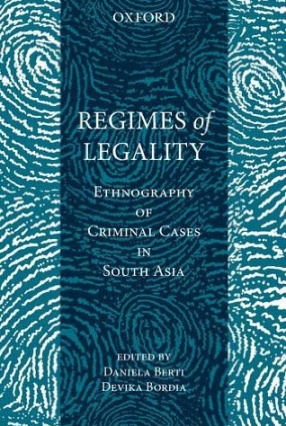
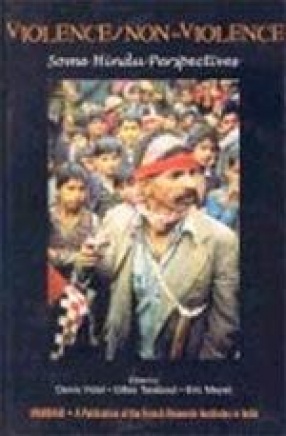
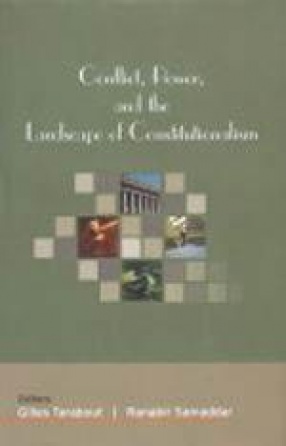
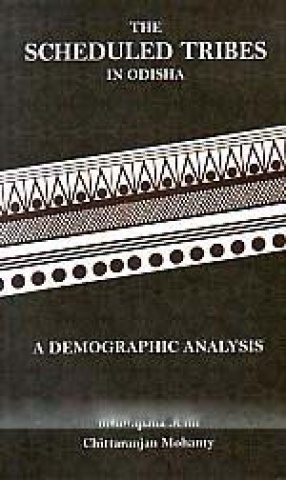
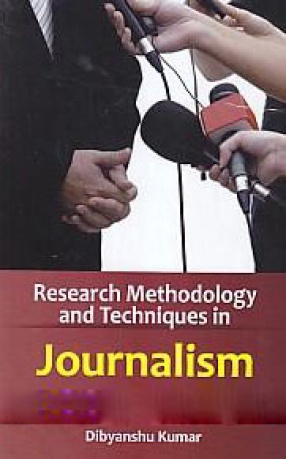
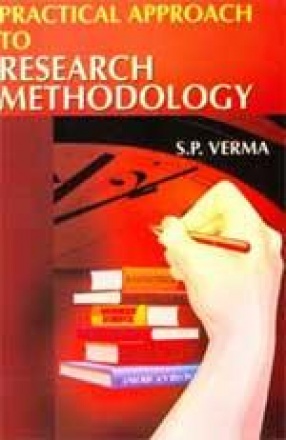
There are no reviews yet.